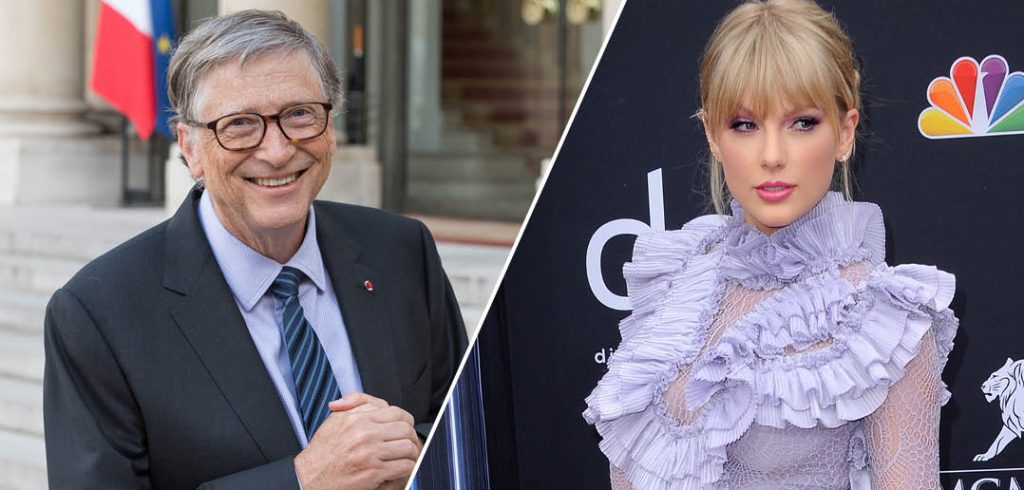Dennis Hanno is a CEO, former college president, and clinical associate professor teaching several entrepreneurship courses at the Gabelli School of Business.

He’s also a self-described Swiftie.
”That’s an entrepreneur. Taylor Swift fits all the parts of my definition,” Hanno said, adding that her creativity and innovative thinking are just as central to her brand as the music itself.
According to Hanno, entrepreneurship isn’t just about starting businesses—it’s a holistic mindset that can influence how someone approaches anything they do.
“It’s about looking at the status quo and saying, ‘How can we do things differently to achieve even greater success?’” he said.
Rather than looking to solely benefit oneself, Hanno stresses that true entrepreneurship is all about finding a problem that needs solving, and tackling it in a way that is unique to you.
The Entrepreneurial Checklist
What makes a successful entrepreneur? Hanno breaks it down into four parts.
1. Act on Your Ideas
“There’s so many people that have great ideas. There are so many times where people say, ‘Oh, those are great ideas, I wonder who’s going to do something about that.’ The entrepreneur has to act.”
2. Identify Opportunities
“Seek ideas wherever they are. Figure out a way to take action that aligns with your own values and skills so those become opportunities for you. How does that map with what your community needs or wants? An opportunity for you is going to be very different from opportunities for me.”
3. Analyze Everything
“Sometimes people think the Elon Musks of the world wake up in the morning and say, ‘I’ve got an idea, I’m just going to dive into it.’ And I would argue that Steve Jobs, Elon Musk, Bill Gates—they’re not that kind of person. They actually do analyze—and probably their greatest skill is to be able to analyze quicker than you and I can, to look at the landscape and say, ‘If I do this, I have a greater likelihood of success than if I do that.’”
4. Find Your Passion
“In both my undergrad and grad classes, we spend three hours talking about basically yourself—‘What’s really important to you? At the end of the day, what do you think about in terms of what you want to achieve?’ I think that helps people to focus on their values.”
“When I was a college student, I didn’t spend any time thinking about it. It was maybe 10 years later, I really thought, ‘You know what’s really important to me? Education.’ That’s when I shifted my pursuit because I had identified what my passion was, so I’ve never looked back.”


